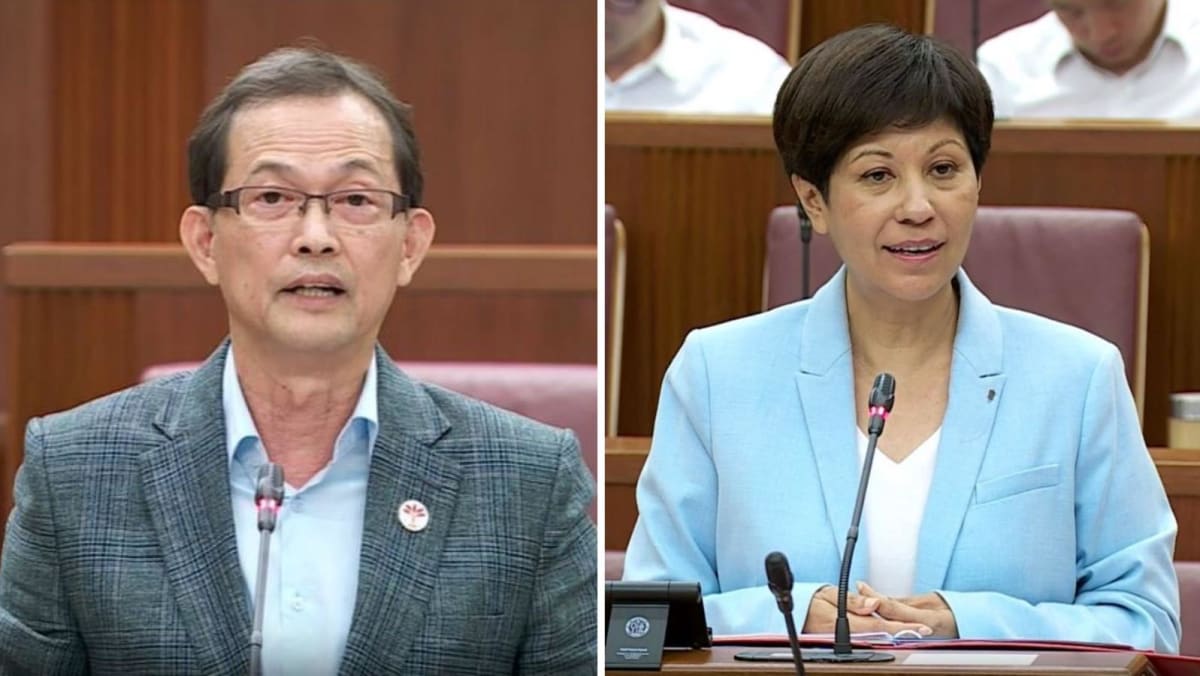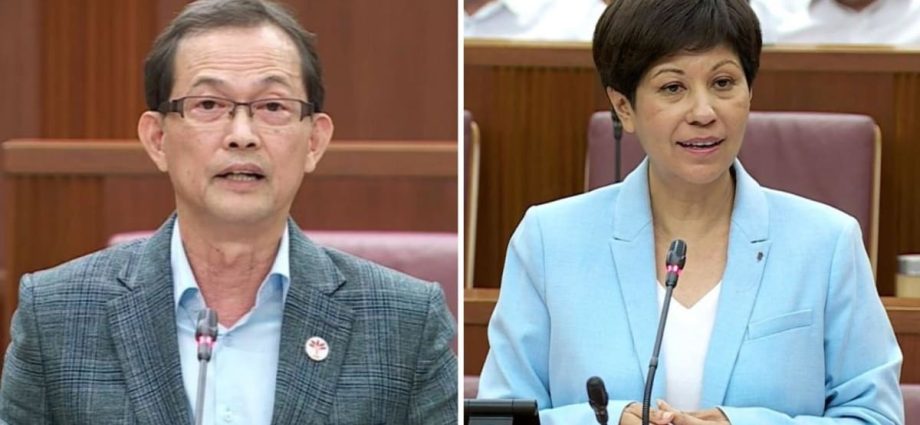
“PROVIDE ALL DATA”
During his speech, Mr Leong also asked the government to provide all data in the “requested format” as asked for by MPs, unless there were national security or financial market sensitivities.
He also said ministerial statements and other speeches should be provided to MPs; and ministers provided with drafts of MPs’ speeches beforehand, for members to contribute more meaningfully to debates.
In response, Ms Indranee highlighted that data collection as well as “slicing and dicing” it in different ways required time, money and effort.
“We will lean forward to provide what is reasonable and practicable but we cannot fulfill every whim,” she said.
On providing ministers’ speeches to MPs beforehand, she said MPs were given time to prepare, adding that the current system was designed such that MPs could always debate ministers irrespective of when their speeches were delivered.
MPs also have “more than ample” opportunity to engage ministers on their speeches, through a wide array of mechanisms such as adjournment motions and clarifications, she added.
REMOVING TIME LIMITS
Mr Leong then called for more flexible timekeeping in parliament, saying that the time for clarifications and questions should not end as long as there were “new, substantive” questions from MPs.
In addition, he suggested introducing an “opposition hour” during the first day of every parliament sitting, to discuss subjects chosen by the opposition.
This was being done in other Westminster parliaments such as in the UK and Canada, he noted.
But Ms Indranee said there was no need for an “opposition hour” when every sitting was an opportunity for PAP or opposition MPs alike to raise topics of their choice and to “hold the government to account, challenge policies and decisions and propose alternative policies”.
She added that unlimited time for parliament questions and Committee of Supply speeches “would not be a good idea”.
“It would be the surest way of triggering Parkinson’s Law, the adage that work will expand to fill the time allotted for its completion,” Ms Indranee said.
With parliamentary questions or PQs, the time for them has increased considerably given more sittings, but instead of allowing the House to deal with more PQs, it has led to more “and often repetitive” supplementary PQs on the same topic, she argued.
THE ROLE OF THE OPPOSITION
Other suggestions by Mr Leong included having the Public Accounts Committee (PAC) and Public Petitions Committee (PPC) chaired by an opposition MP.
The PAC scrutinises the government’s financial performance and use of public funds while the PPC provides a platform for citizens to voice concerns and grievances to the government, he said.
As such, it was crucial for both committees to be seen as “objective and non-partisan”.
Ms Indranee questioned whether having an opposition MP would really ensure that the committees were independent, impartial, objective and non-partisan.
“The composition of each standing select committee should reflect the balance between the government benches and the opposition benches in parliament,” she said.
“If you think about it for a moment, that is fair, because it reflects the proportion of government and opposition MPs,” she said, adding that this proportion was decided by the electorate.
“Hence, the chairmanship of the select committees is drawn from the authority of the people and we should respect that.”
“In any case, opposition members serve on the select committees and are entitled to ask questions and argue this usefully. There is no reason to think that they have not done their job properly,” she added.
Concluding her speech, Ms Indranee reiterated that current rules afford “more than enough opportunity” for MPs on both sides to hold the government to account, raise queries and debate matters.
“The answer lies not in changing the rules, but rather for MPs to develop the skills of listening, using the existing rules more effectively to make a contribution to the debate and show that they are deserving of the trust their voters place in them.”

